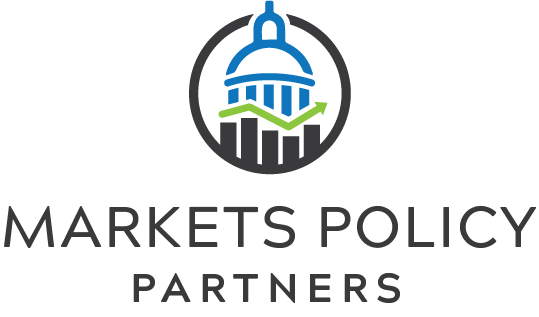Summary and Price Action Rundown
Global risk assets are advancing this morning after Russia’s announcement that a domestically-produced vaccine has been approved for use, while President Trump mulls additional options for stimulus amid deadlocked talks with Congress over the pandemic relief bill. point to a 0.5% higher open after yesterday’s gains extended the index’s year-to-date upside to 4.0%, registering a new high for the pandemic and coming within 1% of February’s all-time high. Equities in the EU are jumping on the vaccine news and encouraging economic data, while Asian stocks were mostly higher overnight. The dollar is turning back toward nearly two-year lows while longer-dated Treasury yields are finding support on vaccine hopes, with the 10-year yield at 0.61%. Brent crude prices are rising above $45 per barrel.
Optimism Over Russian Vaccine News
Russia’s announcement that a Covid-19 vaccine has been approved is providing further impetus for the ongoing rally in global equity markets. Earlier this morning, global risk asset prices lurched higher following news that Russia’s Health Ministry has issued the world’s first approval for a Covid-19 vaccine, which has been developed by the Gamaleya Institute. President Putin declared that it provides lasting immunity, with the Health Ministry estimating a two-year period of effectiveness, and that his daughters have each received a dose. Reports have registered a degree of skepticism from the global medical community, with concerns that the standard Phase 3 trial period had been radically shortened or skipped entirely in an effort to rush the vaccine to market. With a profusion of potential vaccines in various stages of development, investors have been poised for a series of vaccine announcements beginning roughly around now, though there continues to be deep uncertainty over their effectiveness as well as the ability to produce and distribute them widely enough to achieve herd immunity in a timely fashion.
White House Eyes Tax Cuts Amid Congressional Deadlock on Stimulus
After President Trump moved to circumvent Congress over the weekend with stopgap pandemic relief measures through executive order, his remarks last evening revealed a pivot to prospective tax cuts. At a press conference yesterday, President Trump indicated that he is revisiting the idea of reducing capital gains tax rate, which tops out at 20%, and will seek to deliver a middle-class tax cut, noting that details would follow shortly. However, analysts point out that his ability to enact these measures without Congressional assent is limited, though an executive order could in theory be used to require capital gains to be indexed to inflation, thereby effectively reducing the rate paid. Such an approach has been considered previously and is deemed likely to face legal challenges. This comes as questions mount over the efficacy of President Trump’s executive orders issued in lieu of a pandemic relief deal. Amid mixed messages from the White House regarding the payroll tax holiday, businesses must assume that they will to have to pay back the deferred amounts later this year, while more states are pushing back regarding their obligation under the President’s unemployment relief to pay a quarter of the $400 additional benefit. Meanwhile, House Democrats and administration officials remain at loggerheads over key negotiating points, particularly the amount of unemployment benefit support and aid to states and municipalities.
Additional Themes
Australian Business Confidence Slips – The National Australia Bank’s (NAB) index of business confidence plunged to -14 in July from a downwardly revised 0 in the prior month, amid uncertainties surrounding the Covid-19 resurgence that led to renewed restrictions in Victoria. Confidence fell across all industries, led by a decline in mining. The survey was conducted prior to the stage 4 lockdown in Melbourne but confidence had already deteriorated for fear of the spread of the coronavirus. The NAB Group Chief Economist said, “while the improvement in conditions is very welcome, capacity utilization and forward orders point to ongoing weakness overall. Therefore, with confidence still fragile there is some risk that conditions lose some of their recent gains in coming months.”
EU Economic Outlook Brightens – The closely-followed ZEW economic expectations survey showed improvement in August for both Germany and the EU as a whole. The German reading jumped to 71.5 from July’s reading of 59.6, handily topping consensus estimates of 55.8, while the regional gauge advanced to 64.0 from 59.6. For context, recent upside surprises in EU economic data have contributed to gains for euro, sending the single currency to its highest level versus the dollar since spring of 2018.
US Small Business Confidence Dips – The NFIB small business optimism index undershot expectations in July, declining to 98.8 from June’s multi-month high of 100.6 versus estimates of only a slight tip to 100.5. The NFBI chief economist noted the difficulties that small businesses faced last month in attempting to reopen amid a widespread Covid-19 resurgence.
